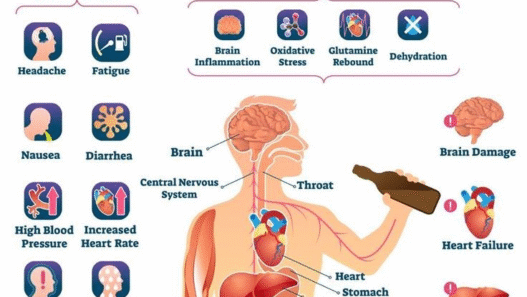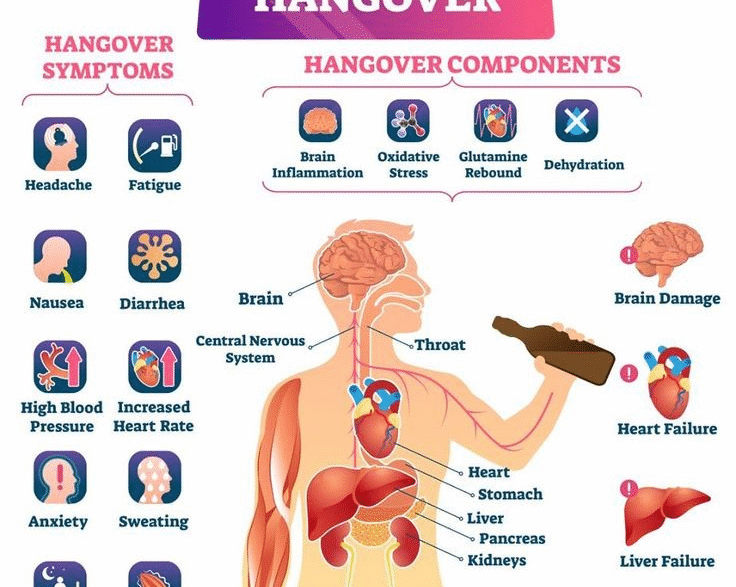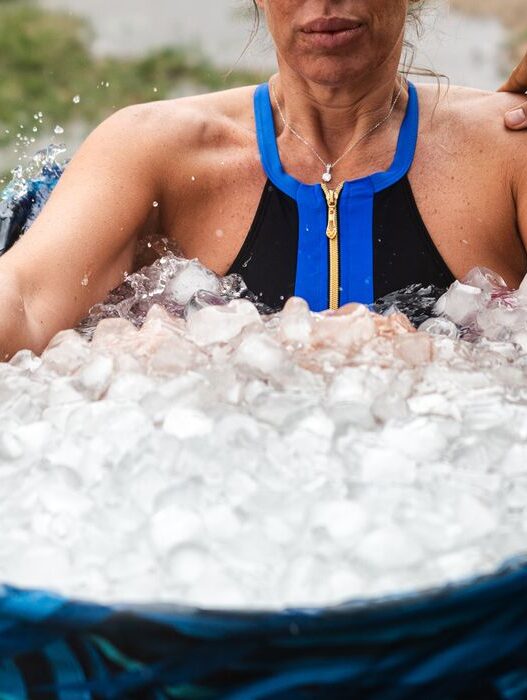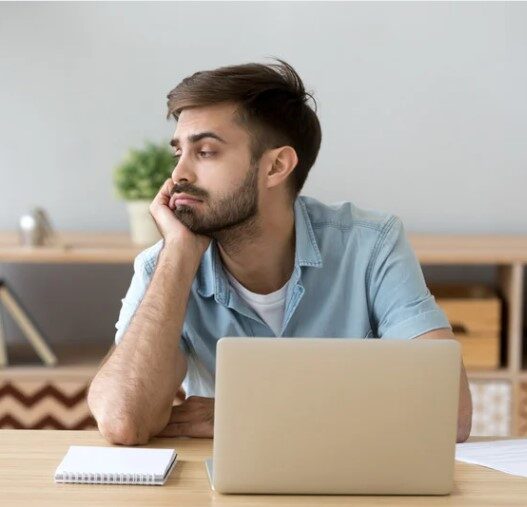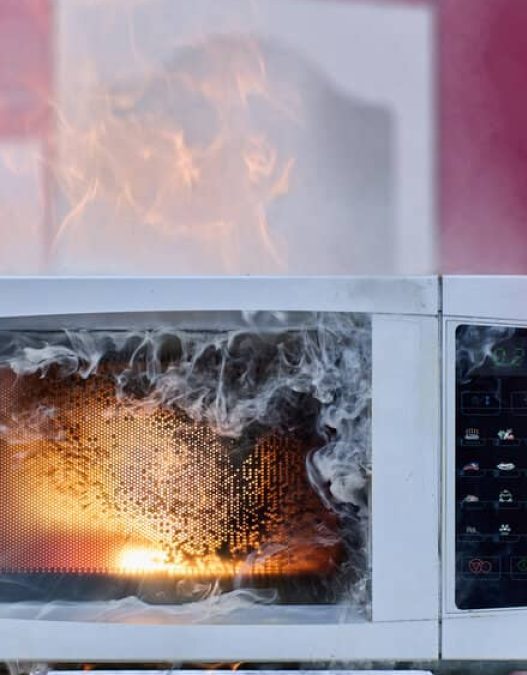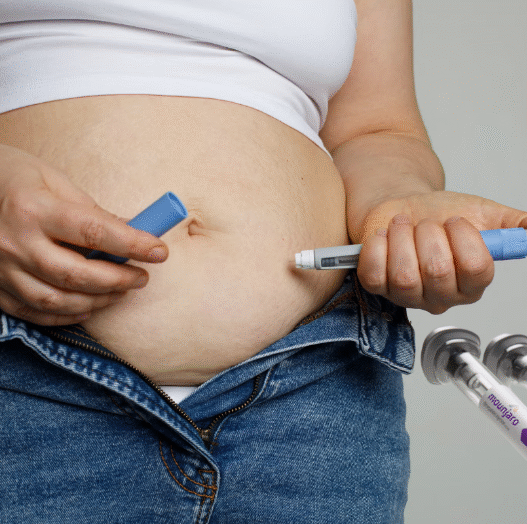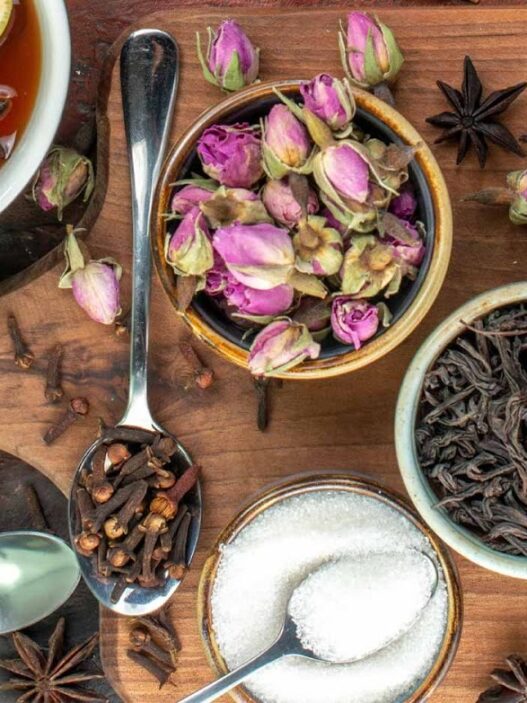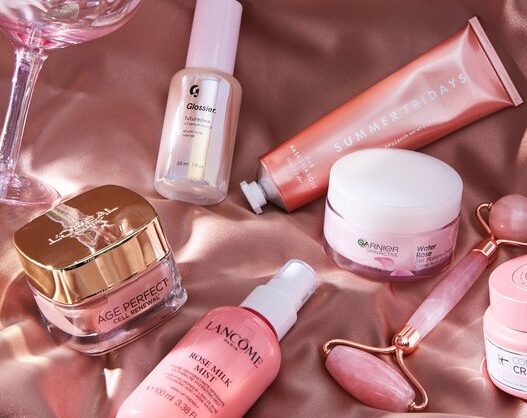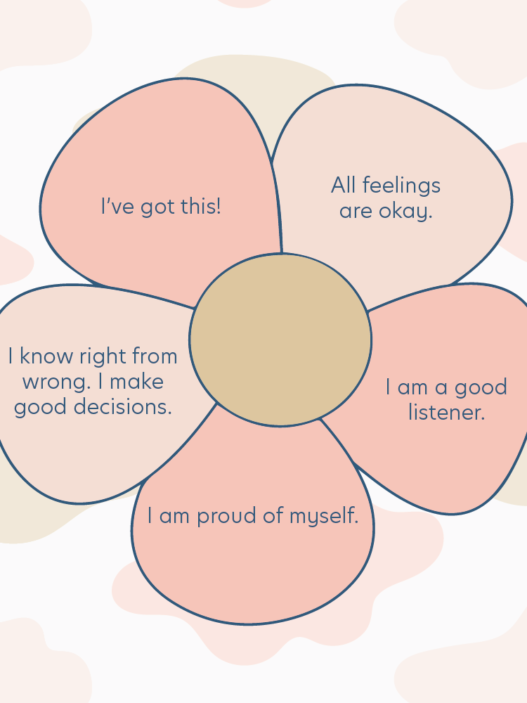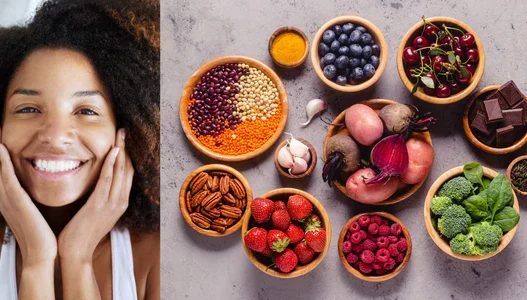We’ve all been there, waking up after a night of drinking and feeling like the world is against us. The pounding headache, dry mouth, nausea, and overall weakness can ruin your day. That’s what we call a hangover.
While there’s no magic button to make it vanish, good hangover self-care can help you recover faster and feel more human again. The key is to understand what alcohol does to your body and then take steps to reverse the damage.
What happens in your body during a hangover
When you drink alcohol, your body has to break it down. Ethanol (the alcohol) is converted by the liver to acetaldehyde, a toxic intermediate, before being further metabolized to less harmful substances. Acetaldehyde causes inflammation, nausea, and headaches.
Alcohol is also a diuretic, it suppresses a hormone called vasopressin, causing your kidneys to lose more water. That leads to dehydration, which is one reason your mouth is dry, your head hurts, and you feel fatigued.

Your sleep gets disturbed. Even if you slept many hours, alcohol disrupts sleep architecture (especially REM sleep), so your rest is less restorative. That adds to cognitive impairment, mood disturbance, and grogginess.
Also, blood sugar can drop, electrolyte balance gets disturbed, and you may suffer oxidative stress (free radicals) and inflammation. These combine to give many of the classic symptoms.
Hangover Self-Care Tips That Actually Work
Here’s how you can care for your body after a long night:
1. Rehydrate Properly
Drink plain water, but also include electrolyte solutions like Pedialyte. These restore sodium, potassium, and chloride, which are lost through frequent urination. Unlike sports drinks, Pedialyte is lower in sugar but higher in electrolytes, making it more effective.
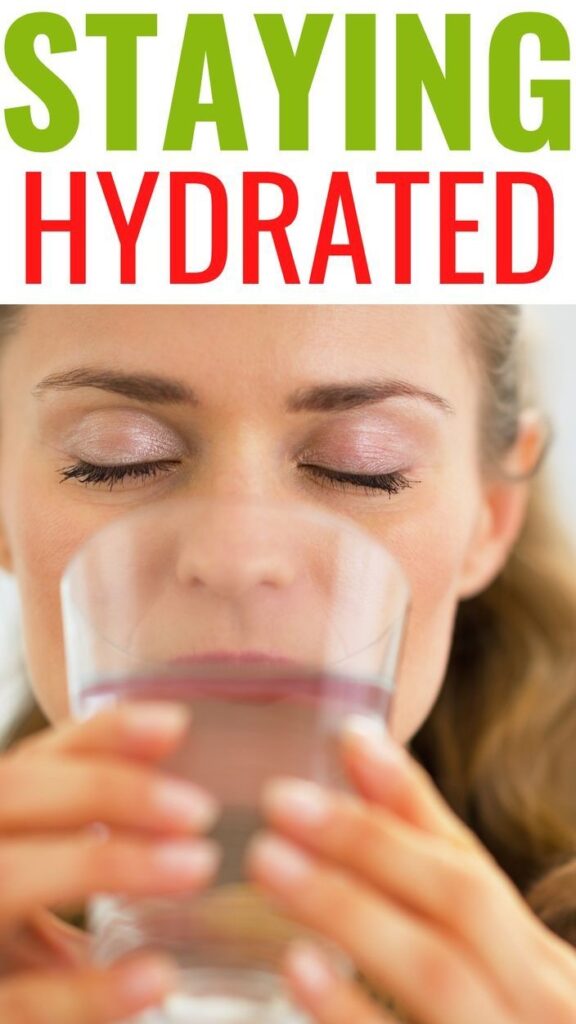
2. Eat Nutritious Food
Bland carbs (toast, rice, crackers) help stabilize blood sugar. Bananas replace potassium, and eggs contain cysteine, an amino acid that helps break down acetaldehyde.

3. Relieve Pain Safely
Nonsteroidal anti-inflammatory drugs (NSAIDs) like ibuprofen reduce headaches and muscle aches. Avoid acetaminophen (Tylenol) while alcohol is still in your system, because the combination can damage the liver.

4. Sleep and Rest
Alcohol disrupts deep sleep, so extra rest is one of the best remedies. Even a short nap improves mood and focus as your brain resets.

5. Support Detox with Antioxidants
Citrus fruits, berries, and vitamin C supplements reduce oxidative stress from alcohol metabolism. Some people also try Good Morning Hangover Relief Pills, which include vitamins, DHM (dihydromyricetin), and milk thistle for liver support.
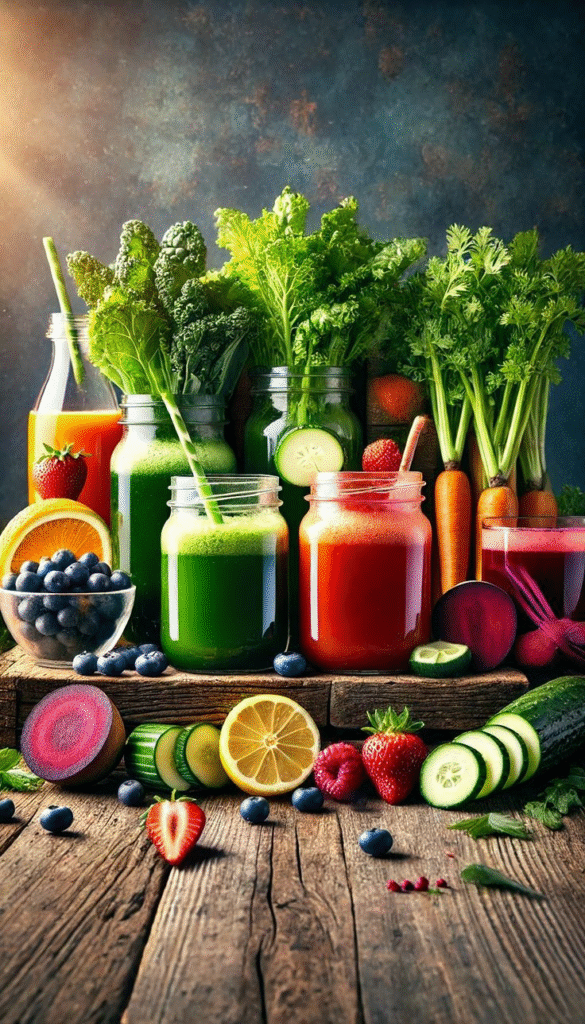
6. Avoid more alcohol (“hair of the dog”)
Though some believe having another drink helps, it generally delays recovery and stresses the liver further.
A Simple Hangover Self-Care Routine (Step by Step)
Here’s a gentle routine you can follow from the moment you wake up:
- Right when you wake up Take small sips of water. If you can, add an electrolyte drink to help replace what you lost.
- If you feel nauseous, Try bland foods like fruit, crackers, or toast if you’re feeling queasy.Eat a light breakfast to provide your body with energy if you feel well.
- If necessary, use a safe pain reliever (but only one that is safe for you) to treat headaches or aches.
- During rest time keep the atmosphere quiet and steer clear of bright lights and loud noises.
- Fluids all day Drink water, herbal tea, or diluted fruit juice throughout the day to stay hydrated.
- Take a nap if you can Your body heals better with more sleep.
- Eat healthy foods Choose fruits, vegetables, and protein.These provide your body with nutrients and antioxidants that aid in healing.
- Caffeine caution A small coffee or tea might help you feel awake, but too much can dehydrate you more or make you shaky.
Products that can help hangover self-care
Here are some products people use to support recovery. I’m not endorsing them, just showing options.
- Good Morning Hangover Relief Pills – These include electrolytes, milk thistle, dihydromyricetin (DHM), and vitamins, intended to help rehydrate, support the liver, and reduce inflammation.
- Pedialyte—An oral electrolyte solution with high sodium and potassium and lower sugar than many sports drinks. Useful especially if you’ve vomited or lost fluids.
- Alka-Seltzer Hangover Relief—Combines aspirin (for pain), caffeine (for alertness), and potassium bicarbonate (to support electrolyte balance). Can help with headaches and general discomfort.
Conclusion
Ultimately, there isn’t a miracle medication that can instantly cure a hangover. However, hangover self-care, which includes rest, light meals, rehydration, and antioxidants, provides your body with the means to heal itself.
According to science, the main causes of our post-drinking symptoms are nutrient loss, toxic acetaldehyde accumulation, and dehydration.You’ll recover more quickly and resume your regular activities if you prioritize rest, food, and hydration.






